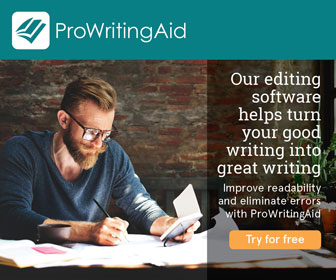If you have been a reader for any length of time, you know that the analysis of the story leads a reader to search for deeper meaning within the written words. Most novels are driven by either the characters that drive them, or by the plot itself. I am intrigued by the process and the analysis for Fractured has brought some really important concepts to the forefront of my mind.
1. Choices have consequences. Life is chock full of choices.
Consequences can be escaped for a short while, but not forever. Beware your sins will always find you out.
We reap what we sow. Not just a tenet of Scripture, a real life proverb. If you plant a tomato seed, you will reap a tomato plant, likewise kernels of corn reap corn stalks with new ears of corn. Laws of Nature.
2. Surround yourself with good friends. They influence you more than you realize, and you make choices you might not otherwise have faced if not for your friend’s influence. I would dare to say that most people who end up in prison can trace their path to the people they hung out with.
"Lay down with dogs you get up with fleas." An old quote, with such truth.
Evil communications corrupt good manners.
While my novel, Fractured, is not what I would consider Christian Fiction, it does track with certain undeniable principles of life lessons based in Scripture. The characters themselves are not believers, and don’t find God. They do experience real life trials, based solely on their own decision making and that is something that everyone universally can relate to.
A fresh start can also be gained, but can never be fully achieved without facing head-on the consequences of prior acts. Restoration can never be completed without an eye on the future free of guilt and shame. So while moving on may look appealing and seem possible, our past always has a way of returning in ways we can never anticipate.
These underlying themes of my novel were not intentional. I wrote the story based on a particular way I thought the story should go, but the outcome is definitely one that has these undercurrents running through it. I am fascinated by what I find as I go back and dig into the story as I continue to improve it and to be able to best explain to those I pitch the book to.
What about you?
If you are a writer, do you purposely write with a meaning in mind? or does it seem to occur because of your worldview?
If you are a reader, do you read purely for entertainment value without thinking deeply on meaning? or do you search for what could be hidden among the written word?


